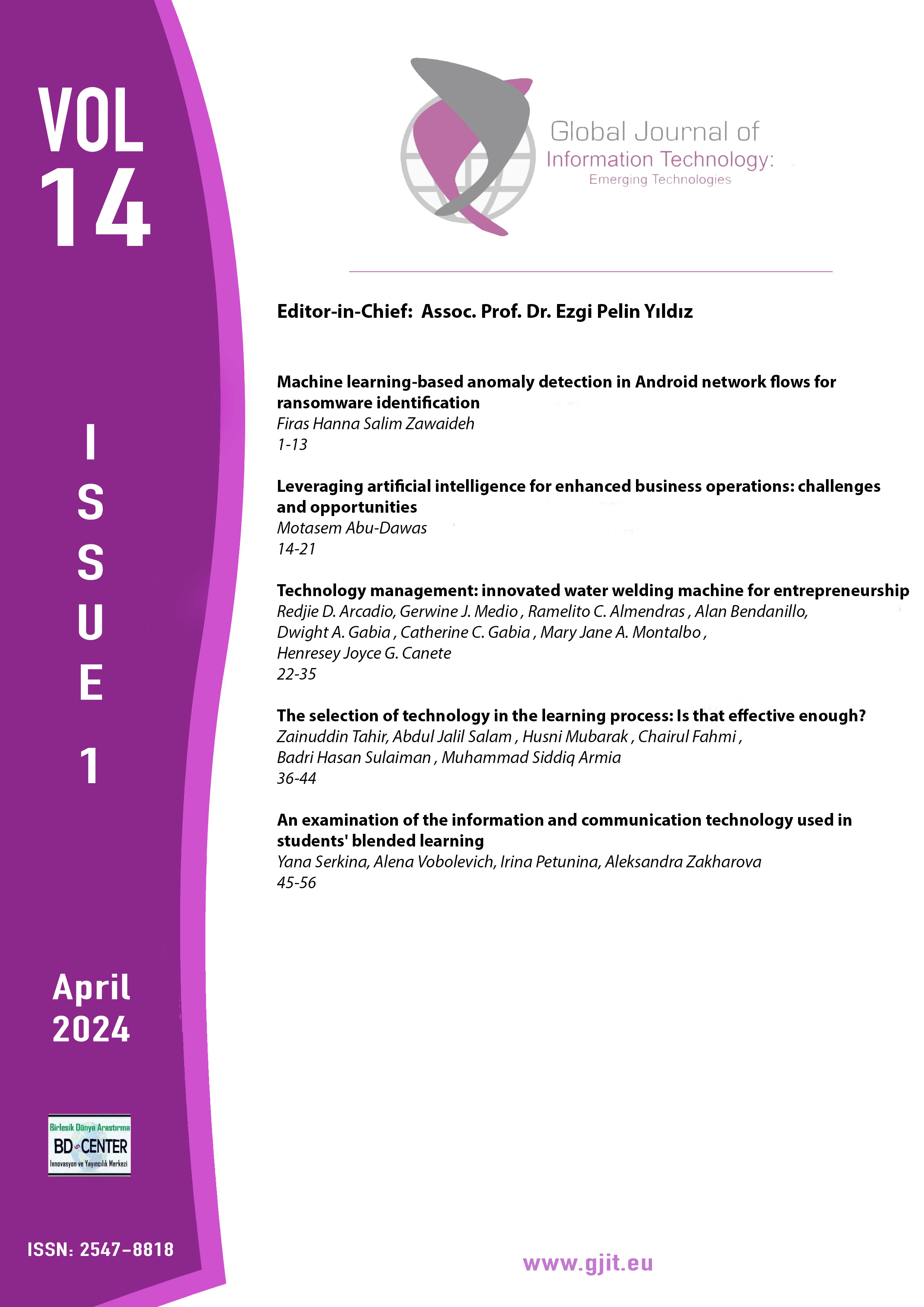The selection of technology in the learning process: Is that effective enough?
Main Article Content
Abstract
This study aimed to address three main questions related to the type of technology selected in the learning process, the ways of choosing the technology, and to investigate whether the selected technology eases the learning process. This was qualitative research using a descriptive analysis approach. The data in this study was obtained from field research by observing, note-taking, and collecting various data and information about the selection of technology in the learning process. The theory applied in this study focused on digital learning technology. The research findings indicated that the technology selected in the learning process at the selected University was related to information technology. The information technologies generally used were laptops, computers, and mobile phones. Second, the influential technologies selected in the learning process were Google Classroom, Google Meet, and Canvas. The technology system has synchronous and asynchronous properties. Third, the technology implementation and the learning process need a sufficient condition, and the availability of an internet connection; the educators should understand the learning technology.
Keywords: digital learning; learning process; technology; technology selection.
Downloads
Article Details

This work is licensed under a Creative Commons Attribution-NonCommercial-NoDerivatives 4.0 International License.
Authors who publish with this journal agree to the following terms:- Authors retain copyright and grant the journal right of first publication with the work simultaneously licensed under a Creative Commons Attribution License that allows others to share the work with an acknowledgement of the work's authorship and initial publication in this journal.
- Authors are able to enter into separate, additional contractual arrangements for the non-exclusive distribution of the journal's published version of the work (e.g., post it to an institutional repository or publish it in a book), with an acknowledgement of its initial publication in this journal.
- Authors are permitted and encouraged to post their work online (e.g., in institutional repositories or on their website) prior to and during the submission process, as it can lead to productive exchanges, as well as earlier and greater citation of published work (See The Effect of Open Access).
